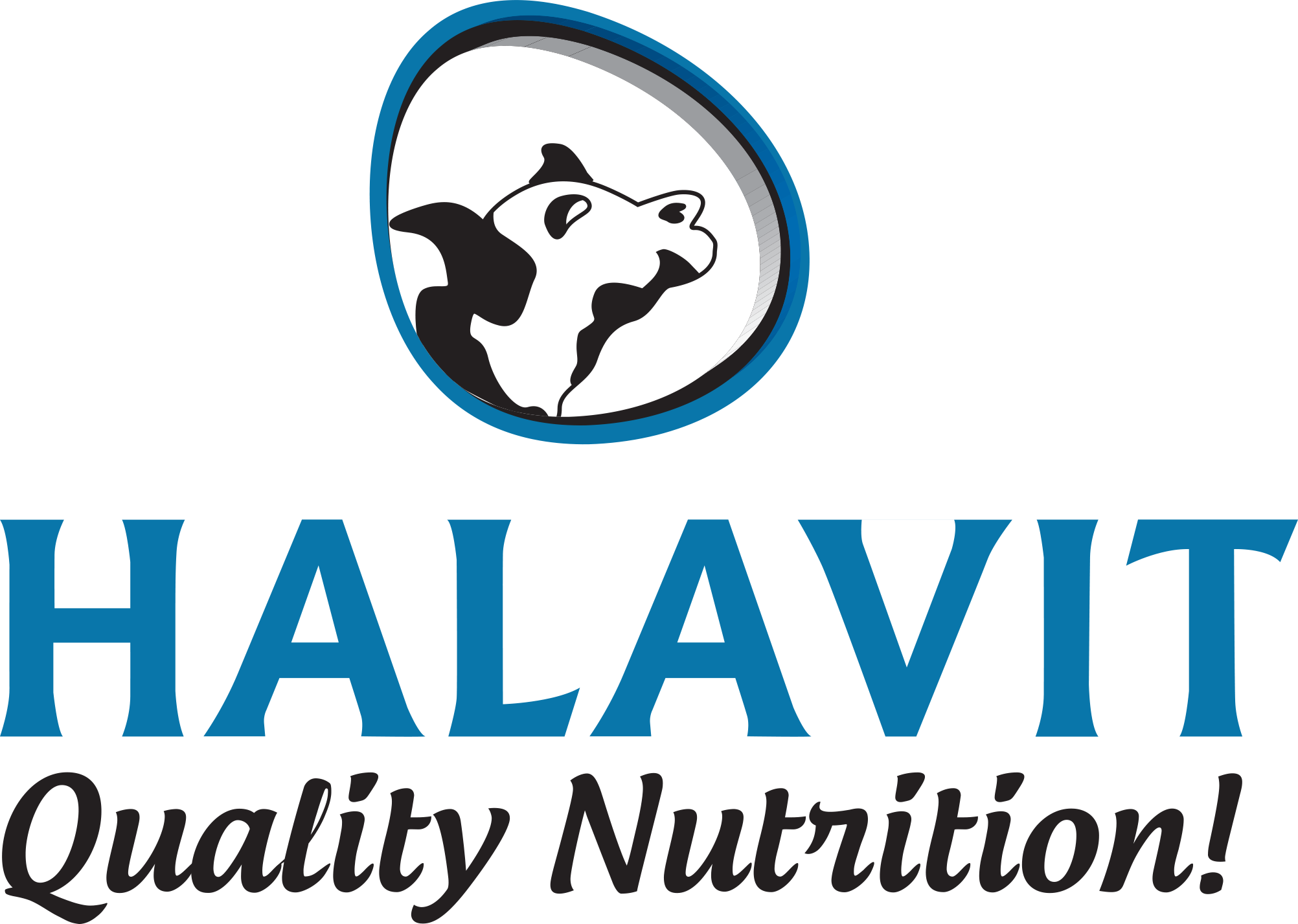MILK INTAKE OF FOALS: CAN WE RELY ON MARES’ LACTATION ?
Right after birth, newborn foals undergo an immense transition from the mare’s womb to the outside world. Reports show that the highest death rates for foals are during the first few days of life, as they are exposed to infections and need to have significant food intake for a normal growth rate.*
During the first two months of life, foals receive most of their nutrition from their mothers’ milk, and through a significantly high milk intake they are able to strengthen their immune system, as well as develop their bones and metabolism .**
However, mares are not always able to provide milk to their foals as required, due to a variety of complications, including :
Mastitis – inflammation of the mammary glands: up to 5% of mares, and
most specifically young mares, have difficulty feeding their foals, even
when they have enough milk because their mammary glands become
inflamed due to the high density and amounts of milk accumulating in
the udder of the mare.***
Agalactia – lack of milk production: among the reasons causing a lack of
milk production is a common infection of fescue, the most common
grass consumed by mares. Reports show that more than 50% of fescue
is contaminated with fungal infections****, causing a toxic effect to
mares. Studies show that up to 88% of mares exposed to fescue toxicity
experience agalactia .*****
Neonatal Isoerythyolysis – in 2% of cases, mares develop antibodies
to the foal’s blood type. This leads to complications when the foal
receives milk, which is rich of antibodies that attack the foal’s immune
system******. It is, therefore, necessary to provide the foal with an
alternative milk intake, as the mare’s milk can be extremely harmful and
can lead to the development of anemia and other blood and metabolic
disorders.
The need for alternate food intake during the first weeks of life of
foals are fundamental, in order to assure optimal growth and
development.
Halavit, a longstanding producer of milk replacers, uses state-of-the-
art technologies to process milk replacers for foals, calves,
lambs, and piglets. The final products undergo strict quality control and
assurance. Halavit’s accumulated experience and know-how, its constant
development of innovative products of the highest quality,
comprehensive response to diverse needs, and fast and dedicated
service are the foundations on which the company is built.
Halavit’s milk replacers for foals are designed to feed foals when the
mother is absent or as a supplement to mares’ milk. The products are of
exceptional quality, and contain high rates of milk proteins and vitamins,
allowing for the correct development of all systems.
Contact us for more information on Halavit’s milk replacers and
their nutritional value, for a healthy alternative to mares’ milk.
References :
*http://www.foalsbeststart.com/pdf/foal_management_the_critical_first_t
wo_days.pdf
**https://beva.onlinelibrary.wiley.com/doi/full/10.1111/j.2042-
3306.2011.00522.x
***https://aaep.org/horsehealth/lactation-mare
****https://thehorse.com/164794/fact-sheet-fescue-toxicosis /
*****https://extension.okstate.edu/fact-sheets/fescue-toxicity-andhorses.
html
***** *https://www.petmd.com/horse/conditions/cardiovascular/c_hr_ane
mia_newborn_foals_neonatal_isoerythyolysis%20


